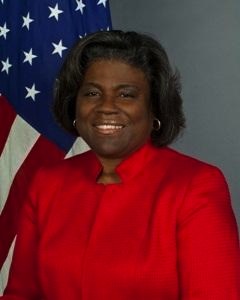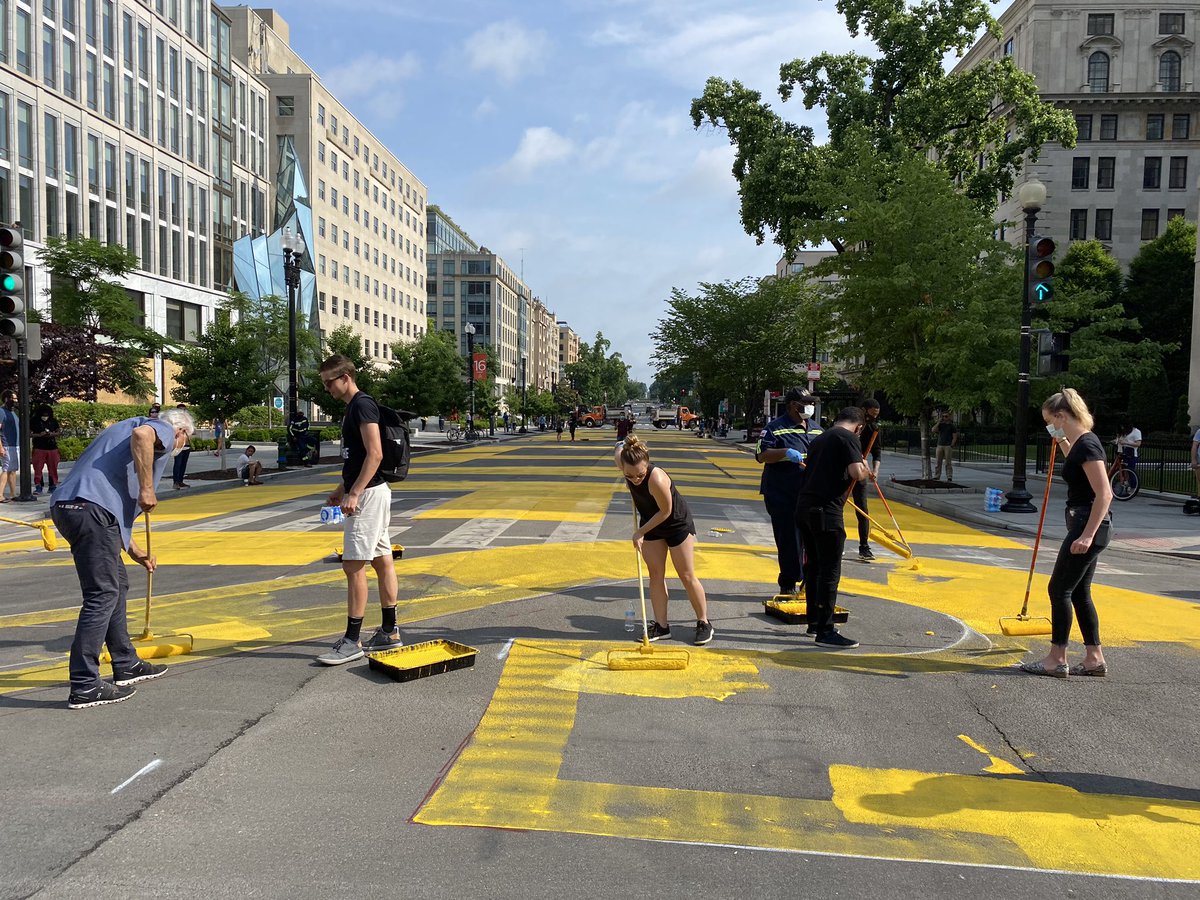A Lecture with Linda Thomas-Greenfield, Director General of Foreign Service

By: Uzma Chowdhury
The university experience has always been heavily associated with activism, from the Civil Rights movement of the 1960s to Tiananmen Square. Students have always shared a passion for revolutionary change and a strong desire to create that change. Student activism for policy change, involvement in larger social movements and protests at schools across the globe have been definitive examples of how our generation’s voice is committed to issues of social justice, civil rights and human rights. On February 21, 2013 the University council approved the establishment of the Center for Social Justice, Civil and Human Rights in order to formalize its recognition of this passion, as well as promote the scholarship of a wide spectrum of interdisciplinary faculty and students who are already active in the area of civil rights and social justice. One of the new Center’s opening initiatives has been providing lectures in this area, including the Donald Hollowell Lecture.
The 2nd annual Donald Hollowell Lecture occurred on Wednesday night, April 3rd, 2013, at the Special Collections Library, and featured Director of Foreign Service, Ambassador Linda Thomas-Greenfield. The Hollowell Lecture features well regarded scholars and activists who have worked the areas of civil rights and the peace movement. The lecture series seeks to expand scholarship on civil and human rights at the University, potentially inspiring the curriculum and professional organizations.
Donald L. Hollowell, a foot soldier for equal justice, played a major role in the civil rights struggle—most relevant to the University of Georgia, Hollowell was chief counsel for Horace T. Ward in Ward v. Regents, which challenged segregation at the University of Georgia School of Law. He also served as chief counsel to Hamilton Holmes and Charlayne Hunter in Holmes v. Danner, the landmark case that opened the doors of the University of Georgia to black students in 1961. To honor his contributions to the University, the Hollowell lecture series invited Linda Thomas-Greenfield to speak at its 2nd annual lecture.
Dressed in a gold suit and the kind of platform pumps that mean business, Ambassador Thomas-Greenfield began her lecture, titled, “American Humanitarianism and the Legacy of the Civil Rights Movement.” It addressed the question, “Why do we do this?” Namely, why does the United States participate in diplomacy and Foreign Service efforts? Thomas-Greenfield answered her own question in two parts: first, she said, our world is more global than it has ever been before. She quoted Secretary of State John Kerry, who said, in a speech at the University of Virginia earlier this year, “There is nothing foreign about foreign policy anymore.” Thomas-Greenfield expanded upon this, saying that our foreign policy is our domestic policy, and that our lives as Americans are more intertwined with the world than ever before. “When the rest of the world suffers, we also suffer, and that is why we perform Foreign Service,” she said. Because failed states propose a direct security threat, diplomacy becomes a national interest.
However, Thomas-Greenfield’s second answer to the question of why we invest in diplomacy was the one she said is the more important. “We perform diplomacy because Americans care about others,” she said. “Our culture and our history and our character are defined by this quality—as Americans we value human dignity.”
She went on to explain how much of American history is the story of Americans coming together for others in the face of inequality—regardless of the type of inequality. “When one person is not equal, no one is equal,” she said. Thomas-Greenfield, an African American, addressed that much of the American history is a legacy of injustice, but it is also how we overcome that injustice that matters. “We have a great story to tell because we are still evolving as a nation, a nation unafraid to be civilly disobedient in the face of injustice,” she continued, citing how during Apartheid, American citizens stood up against the practive, even before the federal government officially did.
She continued her lecture, returning to the idea of American humanitarianism to the University of Georgia, reminding the audience of how in 1961, the University of Georgia opened its doors to Charlayne Hunter and Hamilton Holmes as a beacon for the world.
She said, “Our country is involved because it is in our national interest to care about people. We must uphold this legacy for our children and grandchildren.”
Thomas-Greenfield concluded the lecture with a quote from Martin Luther King, Jr. sharing the advice, “Make a career of humanity – and you will make a greater person of yourself, a greater nation of your country, and a finer world to live in.”
Linda Thomas-Greenfield has served in Jamaica, Nigeria, The Gambia, Kenya, Pakistan, and Switzerland, and as ambassador to Liberia from 2008 to 2012. She was the 2000 recipient of the Warren Christopher Award for Outstanding Achievement in Global Affairs in recognition of her work with refugees.
Uzma Chowdhury is the Student Outreach Coordinator for the Center for Social Justice, Civil and Human Rights.

